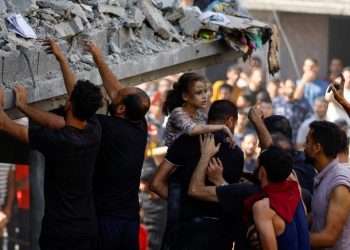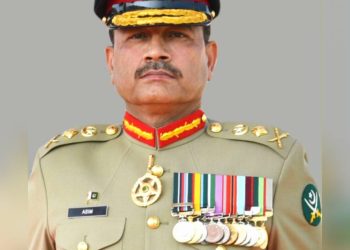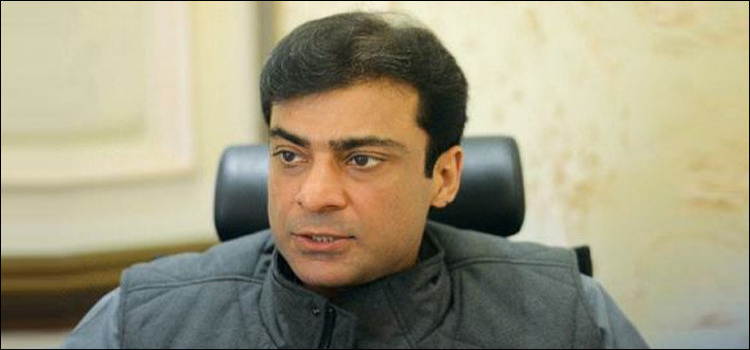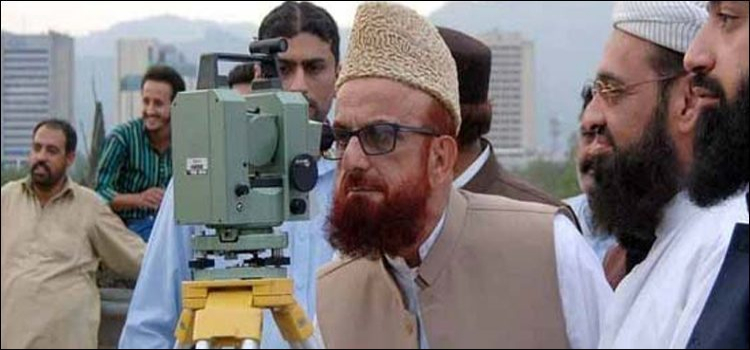KABUL: Taliban co-founder Mullah Abdul Ghani Baradar arrived in Kabul on Saturday for talks on establishing a new “inclusive” government in Afghanistan which the Pakistani envoy has termed a “complex and difficult” process.
Other senior Taliban leaders seen in the capital in recent days include Khalil Haqqani — one of America’s most wanted terrorists with a $5 million bounty on his head.
Pro-Taliban social media feeds showed Haqqani meeting Gulbuddin Hekmatyar — a former bitter rival during the brutal civil war of the early 1990s, but still influential in Afghan politics.
A senior Taliban official told AFP that Baradar will meet “jihadi leaders and politicians for an inclusive government set-up”.
Baradar arrived in Afghanistan last Tuesday from Qatar, choosing to touch down in the country’s second-biggest city Kandahar — the Taliban’s spiritual birthplace.
Within hours of his return, the group announced its rule would be “different” this time.
The Taliban have said they want this iteration of their government to be “inclusive”, but have given few details of who it would include.
Arrested in Pakistan in 2010, Baradar was in custody until pressure from the United States saw him freed in 2018 and relocated to Qatar.
He was appointed head of the Taliban’s political office in Doha, where he oversaw the signing of the agreement that led to the agreement for US forces to withdraw and end their 20-year campaign.
On Friday, Khalil Haqqani — the uncle of Taliban deputy leader Sirajuddin Haqqani — was seen leading prayers at a mosque in Kabul.
Another key leader of the so-called Haqqani network — Anas Haqqani — was also in the capital and had met former president Hamid Karzai and Abdullah Abdullah, who led the overall peace process for the previous administration.
‘Complex, difficult’
Meanwhile, Pakistan envoy to Afghanistan Mansoor Ahmed Khan has said that the process of formation of an inclusive government in Afghanistan is a “difficult and complex” process.
Speaking to Geo News from Kabul, Khan said engagement with the Afghan Taliban was ongoing under the peace process for the last two years and the prime concern of the international community is that only an inclusive government can ensure lasting peace in the war-torn country and if one group tries to enforce its rule, it won’t be a lasting one.
He said that since the Ashraf Ghani government was ousted and the Taliban took over, efforts are being made and consultations are underway between the Taliban and Afghan leaders, including former president Hamid Karzai, Dr Abdulla Abdullah and Gulbadin Hekmatyar for the formation of a government.
When asked whether he was hopeful of the establishment of an inclusive government in Afghanistan, he said, “I have talked to both sides and my feedback is that they are hopeful of moving closer to that objective in the next few days and we are also hopeful that both parties will try to achieve it, but that it will be a difficult and complex process.”
Sharing his assessment about the hurdles, the Pakistani envoy said it is difficult because there are complex ethnic dimensions in Afghanistan, while the Taliban call themselves representative of Pashtuns, there are non-Pashtun groups as well.
















































